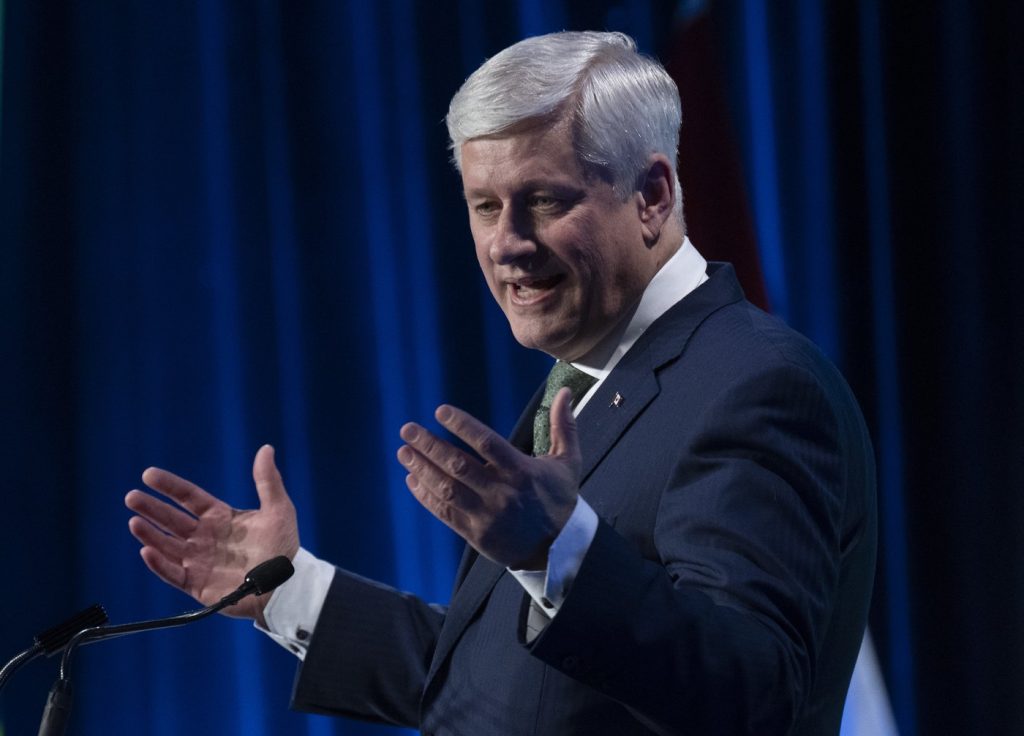OTTAWA — Former Prime Minister Stephen Harper has criticized Mark Carney, a frontrunner in the Liberal leadership race, regarding his economic record. In recent remarks, Harper has accused Carney of taking undue credit for his role in guiding the Canadian economy through the global financial crisis that erupted in 2008.
Harper, who appointed Carney as Governor of the Bank of Canada at the onset of the financial turmoil, claims that it was actually then-Finance Minister Jim Flaherty who made the crucial decisions during that period. He maintains that Flaherty was responsible for making the “hard calls” that were necessary to stabilize the economy, thereby diminishing Carney's contributions during that challenging time.
The former Prime Minister's criticism was conveyed through a letter included in a Conservative Party fundraising email. Harper has expressed skepticism about Carney's experience in managing the Canadian economy on a microeconomic level. He argues that Carney's tenure at the central bank lacks the necessary hands-on experience, asserting that Carney has been “wrong on all the big issues” related to economic policy.
Harper’s comments arrive at a critical time, just days before the Liberal Party is set to convene in Ottawa on March 9, 2025, to elect its new leader. With tensions escalating among party members and varying views on economic leadership, Harper's remarks are likely aimed at swaying public opinion and consolidating support for the Conservative Party ahead of the leadership decision.
This latest exchange highlights the ongoing political rivalry between the Conservative and Liberal parties, particularly as both sides prepare for upcoming electoral challenges. Harper’s strategic criticism of Carney may signal the Conservative Party's intent to position itself as a credible alternative to Liberal leadership, particularly on economic issues where trust and competence are paramount.
As the political landscape evolves, voters may closely scrutinize the economic qualifications and records of candidates on both sides, making Harper's critique especially pertinent in the current climate of heightened economic awareness and uncertainty.










